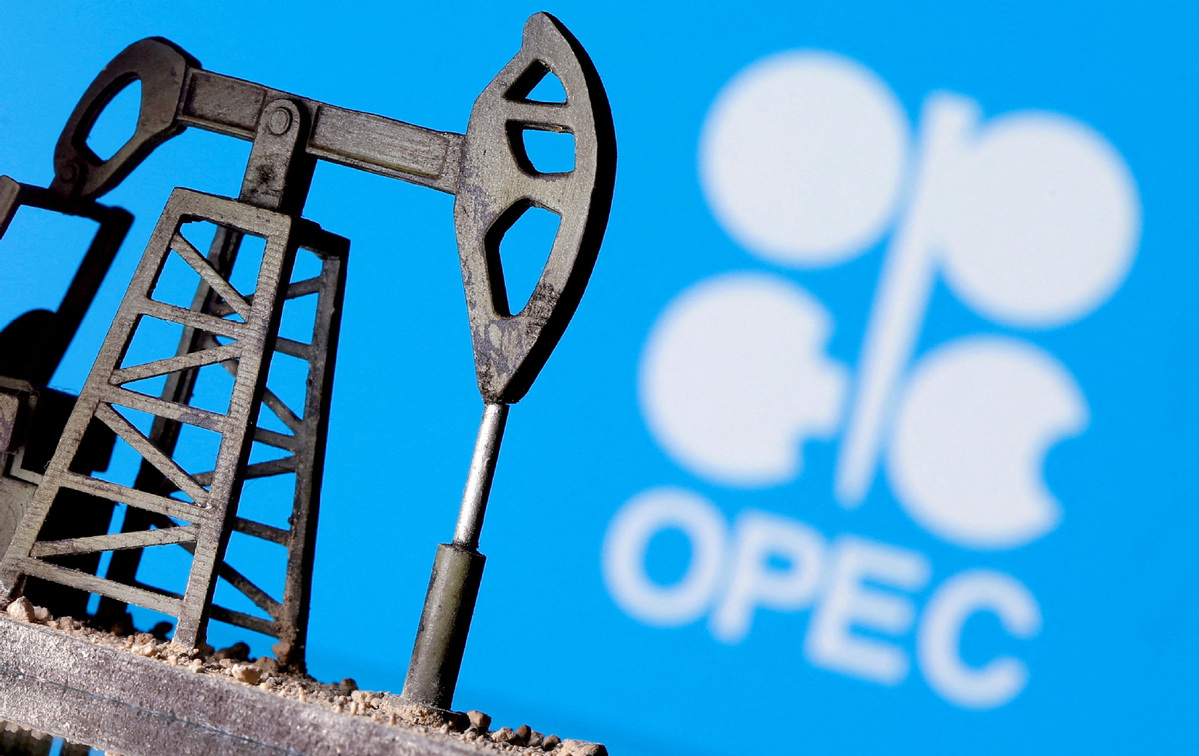Oil prices surge after production cut


Major oil producers made a surprise cut to the world's supply of crude on Sunday, causing oil prices to surge and raising fresh inflation concerns.
Saudi Arabia and other Gulf state members of the OPEC+ group said they would slash production by around one million barrels a day, accounting for about 3.7 percent of global demand.
The decision came ahead of Monday's meeting of the Organization of the Petroleum Exporting Countries, or OPEC, joint ministerial monitoring committee, or JMMC, which reaffirmed and backed the surprise move that risks stoking inflation and pressure to raise interest rates, according to analysts.
The move adds to OPEC+ member Russia's announcement that it will extend its cut of half a million barrels per day until the end of the year. The new OPEC+ production cuts will begin in May.
The United States, which has been calling for an increase in oil production in order to bring energy prices down, has described the move as inadvisable. Crude oil was trading above $86 a barrel on Monday after jumping by more than 5 percent.
The official Saudi Press Agency quoted an energy ministry official emphasizing that the cut was "a precautionary measure aimed at supporting the stability of the oil market."
Gulf analyst Yesar al-Maleki told the Agence France-Presse news service that oil producers are taking "a pre-emptive measure in case demand reduction in the second half is possibly higher".
Ibrahim al-Ghitani, an oil expert based in the United Arab Emirates, told AFP that the cuts follow a drop in oil prices brought by concerns over the banking sector.
Nathan Piper, an independent oil analyst, told the BBC the move aims to keep oil prices above $80 a barrel in the medium term, and the consensus from analysts is that the decision to prop up prices would harm efforts to curb inflation.
Yael Selfin, chief economist at accountancy firm KPMG, was quoted by the BBC as saying an oil price surge will make controlling inflation more difficult.
"The biggest impact will be on transport costs," she said, as there could be a rise in fuel prices. "And that could feed into other costs, meaning inflation takes longer to come down."
Michael Hewson, chief market analyst at financial services company CMC Markets UK, was quoted in The Guardian saying "the reality is that inflation is unlikely to be receding any time soon short of an economic collapse".
He added: "We could well see the economic boost offered by the recent fall in energy prices start to reverse if this morning's surge in oil prices gains traction and starts to head towards $100 a barrel."

































